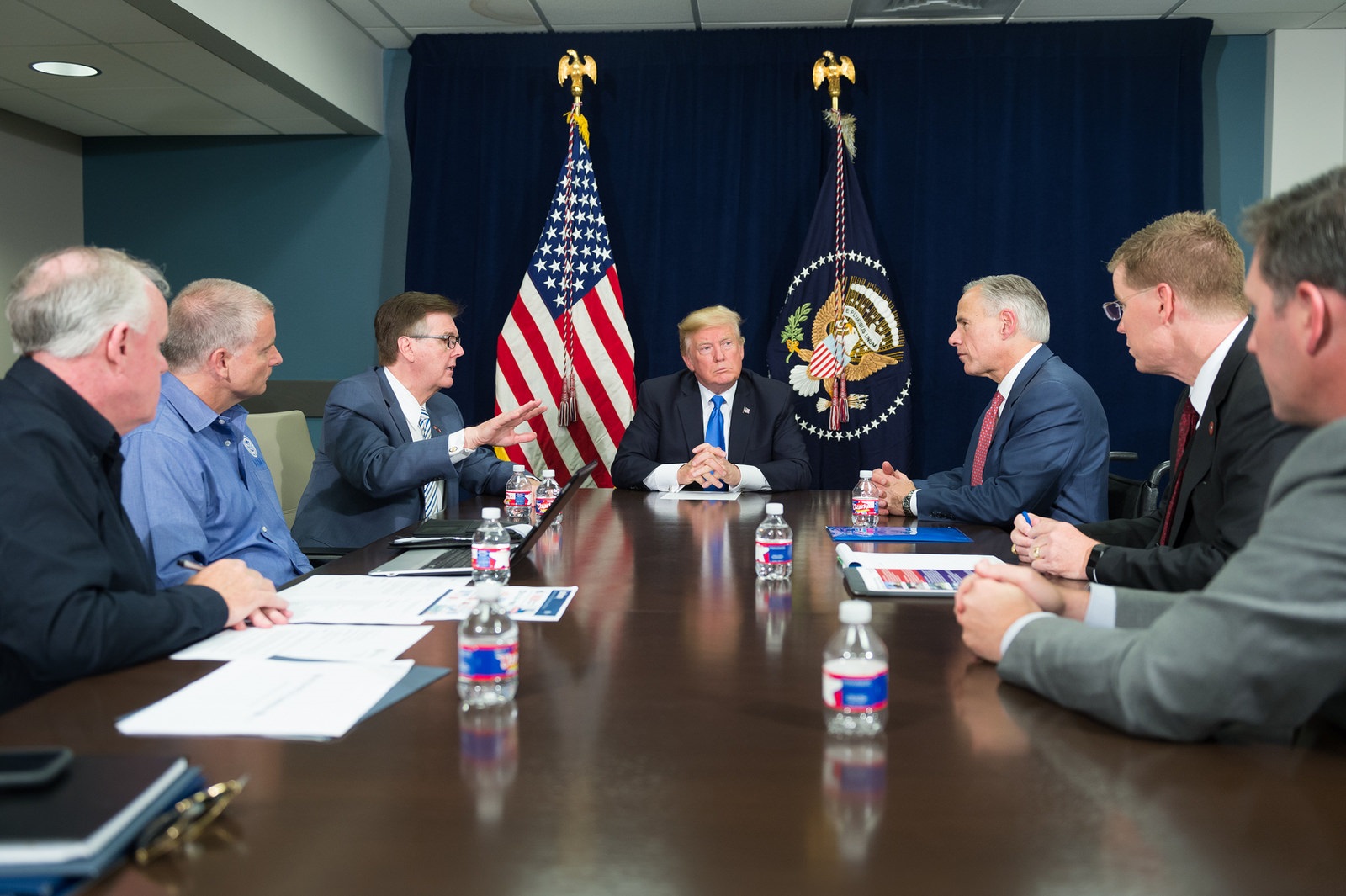By May 12th, Trump has to decide whether to continue suspending economic sanctions on Iran that were lifted under the nuclear agreement, but come up for periodic review. In the past, when deadlines like this have come up, there were three members of his national security team who urged the president to avoid moves that would end the agreement: Secretary of State Rex Tillerson, National Security Advisor H. R. McMaster, and Defense Secretary James Mattis. Now two of those three men are gone.
With the Senate confirmation of Mike Pompeo as the new secretary of state yesterday and John Bolton now serving as national security advisor, Tillerson and McMaster have been replaced by men who agree with Trump’s ongoing threats to pull out of the Iran nuclear deal.
Shortly before the US presidential election in 2016, Mike Pompeo, a member of Congress known for his hard line on foreign policy, was asked on Fox News what he thought of the Iran nuclear deal under the Obama administration.
Pompeo said then-Republican candidate Donald Trump was right in calling it a “disaster”.
“What America ought to do, and with a new president, ought to talk to the Iranians and explain to them, those agreements are off,” Pompeo said.
Weeks before that, John Bolton, another foreign policy hawk, sounded the same ominous message when he spoke to a right-wing group in California, about the spread of “radical Islam” and its threat to the West.
Bolton, a former US ambassador to the United Nations, reserved his most disdain on Iran’s religious leaders, and then tore into the 2015 nuclear deal calling it “the worst act of appeasement in American history”.
That leaves only Defense Secretary Mattis to make the case for sanity. Today he testified before the Senate Armed Services Committee.
Without explicitly giving his opinion about whether the United States should stick with the agreement, Mattis said that after reading the full text of the deal three times, he was struck by provisions that allow for international verification of Iran’s compliance. He said that since becoming defense secretary in January 2017, he also has read what he called a classified protocol in the agreement.
“I will say it is written almost with an assumption that Iran would try to cheat,” he said in testimony before the Senate Armed Services Committee. “So the verification, what is in there, is actually pretty robust as far as our intrusive ability to get in” with representatives of the International Atomic Energy Agency to check on compliance.
While that is helpful, it is not very reassuring that, according to former Defense Secretary Leon Panetta, “the Obama administration did not place much trust in Mattis because he was perceived as too eager for a military confrontation with Iran.”
All of this is why French President Macron made his visit to the U.S. this week and German Chancellor Merkel will arrive on Friday. They know what is likely to happen and have gone all-in on trying to find a way to stop the impending train wreck. Apparently Macron doesn’t think his efforts were successful.
French President Emmanuel Macron said he believes US President Donald Trump will pull out of the Iran nuclear deal next month “for domestic reasons,” describing the US as “insane” for its constant global policy U-turns, according to reports.
Macron’s remarks appeared to be a concession that he may have failed to convince Trump to stay party to the agreement during his three-day visit to Washington.
That leaves it up to Merkel and the guy who was “too eager for a military confrontation with Iran” for the Obama administration. I think the German chancellor is brilliant, but I’m not sure that she has the cards to play that can get Trump to reverse course, and it’s hard to place too much faith in Mattis.
It’s also probably not realistic to hope that maybe Mother Earth could step up to the plate again.



